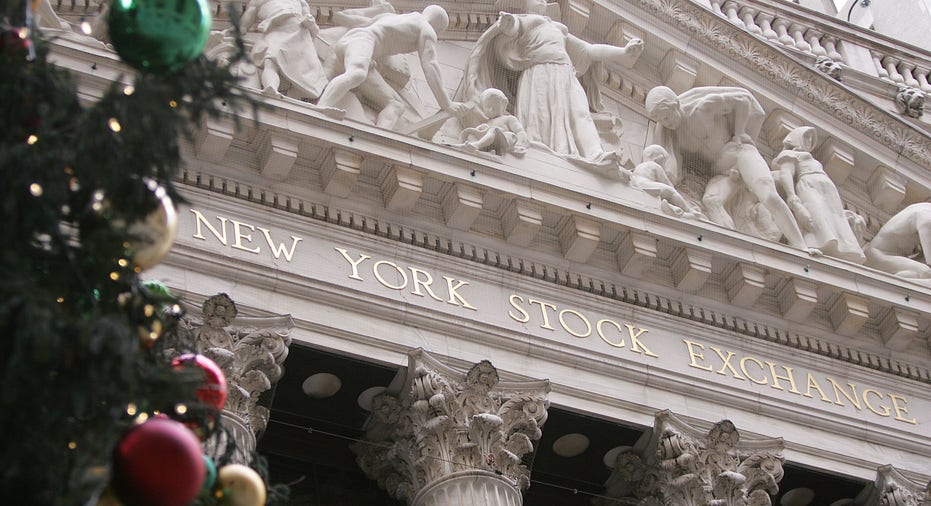M&A World Still Feeling New Year's Hangover

Don’t let Friday’s $3.38 billion takeover of specialty-chemicals maker Solutia (NYSE:SOA) fool you, 2012 has started painfully slow for the M&A world.
So far this year, there have been just $51 billion of transactions announced in the U.S., down 44% from the same point in 2011, according to Dealogic.
While the number of deals, 911, is the second-most since 2000, the average transaction size of just $56.76 million is less than half 2011’s average of $113.83 million.
So what’s behind the drop-off in deal making?
The obvious blame goes to Europe, whose sovereign debt crisis continues to loom over the global economy. It’s easy to imagine more than a few CEOs opting not to pull the deal trigger due to a lack of an end game in Europe.
European M&A deal values have tumbled 49% so far this year to $29 billion, contributing to a 44% decline in global deal values to $122.7 billion, Dealogic said. In Asia, dealmakers have cobbled together $21.8 billion of transactions so far in January, off 37% from the year before period.
David Weild, senior advisor at Grant Thorton, said M&A activity has been crimped by an overall lack of incentive for companies to launch initial public offerings.
“The IPO markets and M&A markets are incredibly correlated. The lack of a robust IPO market ultimately spills over into the M&A markets,” said Weild, a former executive vice president at Nasdaq OMX Group’s (NASDAQ:NDAQ) Nasdaq Stock Market. “If you had twice as much public companies, you’d have twice as many M&A deals.”
Some companies that may have decided to go public a decade or two ago have opted to stay private in recent years due to economic uncertainty and the tough regulatory oversight on public companies.
Even Facebook, which is reportedly set to file documents next week on a massive $10 billion IPO, is going public years later than many had anticipated and only after CEO Mark Zuckerberg had to be talked into it.
“I think people are going to need to in general get used to lower levels of activity,” said Weild.
The M&A slowdown is likely to inflict further pain on Wall Street firms like Morgan Stanley (NYSE:MS) and Goldman Sachs (NYSE:GS) that rely on lucrative advisory fees.
So far this year, much of the M&A action has been contained to the oil and gas industry, which has unveiled $20.2 billion of deals -- amounting to 16.5% of the total market share, according to Dealogic.
The biggest energy-related deals include last week’s $2.85 billion acquisition by Apache (NYSE:APA) of privately held Cordillera Energy.
The other leading sectors for transactions so far this year include real-estate/property, finance and health care. One of the largest deals in the finance world was the $930 million takeover of Regions Financial’s (NYSE:RF) Morgan Keegan by Raymond James (NYSE:RJF).
There are some signs the M&A market is beginning to wake up from its slumber.
The top three deals so far this year have all occurred in the past 10 days, highlighted by last week’s $7.3 billion buyout of Royal Bank of Scotland’s (NYSE:RBS) RBS Aviation Capital by Sumitomo Mitsui Financial Group (NYSE:SMFG).
This week Swiss drugmaker Roche scooped up Illumina (NASDAQ:ILMN) for $5.7 billion and on Friday Eastman Chemical (NYSE:EMN) announced its acquisition of St. Louis-based Solutia.



















